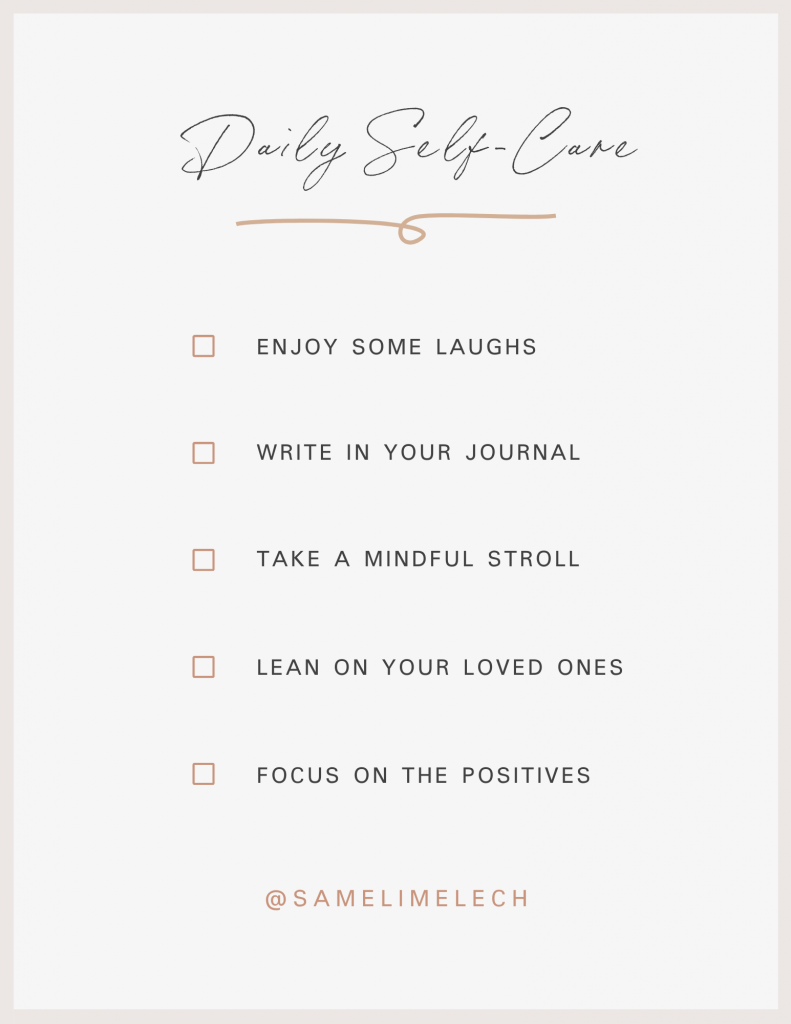Session 7: Coping skills
SMART goals: by the end of sessions, Participants will be able to define and describe maternal depression and identify at least three coping skills
Objective #1: The group will discuss coping mechanisms.
Objective #2: The group will practice at least five coping mechanisms.
Agenda: 50 minutes – 1o minute break
* At the start of each session, write the topic and lesson plan on the whiteboard*
* At the start of each session, do an emotional and well-being check-in and prayer and music*
*Be aware that the time breakdowns are suggestions, and some activities may require more or less time depending on the group’s needs. A reminder that each sessions time breakdowns are an estimate *
Healthy Coping Skills lecture – 10 minutes
Self-Care Lecture – 15 minutes
10-minute break
Healthy Coping Skills discussion- 20 minutes
Lesson Plan
Healthy Coping Skills lecture:
- Explain the concept of coping skills and their importance in managing maternal depression. Provide a list of healthy coping skills such as exercising, practicing mindfulness, talking to a friend or a professional, writing, and engaging in hobbies.
- Divide the participants into small groups and ask them to brainstorm additional healthy coping skills that they can think of. Have each group present their ideas to the class.
- Summarize the brainstorming session and emphasize the importance of finding coping skills that work for each individual
Self-Care Lecture:
- Explain the concept of self-care and its importance in managing maternal depression. Provide examples such as getting enough sleep, eating a balanced diet, spending time in nature, and engaging in activities that bring joy and relaxation.
- Ask the participants to reflect on their own self-care practices and share with the class what they currently do to take care of themselves.
- Provide a self-care checklist worksheet and ask the participants to fill it out. Encourage them to add additional items that they feel are missing from the checklist.
Healthy Coping Skills discussion:
- What are some healthy coping skills that you have used in the past to manage stress or difficult situations?
- How do you recognize when you are feeling overwhelmed and in need of self-care?
- What are some obstacles that prevent you from practicing self-care?
- How can you incorporate self-care into your daily routine?
- Do you have a support system that encourages and supports your self-care practices?
- How can you communicate your self-care needs to others in your life?
- What are some small changes you can make in your daily routine to prioritize self-care and healthy coping skills?
Practice breathing technique coping skills ( refer to lecture)
As a group, practice the box breathing technique to help ground everyone.
Group facilitators will conclude the session with a plan for the next session and say a closing prayer.
Materials
dry-erase marker, whiteboards, pens and pencils, journals, Self Care checklist
References:
NCI Dictionary of Cancer terms. National Cancer Institute. (n.d.). Retrieved from https://www.cancer.gov/publications/dictionaries/cancer-terms/def/coping-skills

